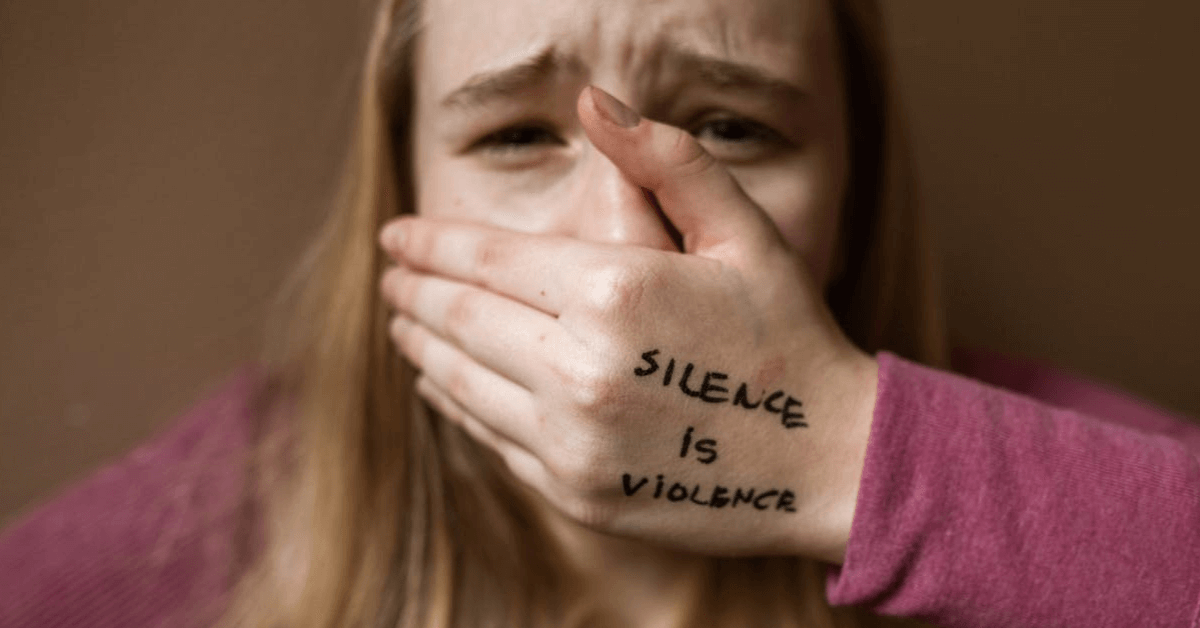Long Term Effects of Domestic Violence
Domestic violence inflicts significant and often enduring harm on victims. While the immediate impact of physical injuries or emotional trauma is evident, the long-term effects of domestic violence are far-reaching, influencing various aspects of a survivor’s physical health, mental well-being, and overall quality of life.
Courts now take into account the economic impact of family violence when determining both property settlements and spousal maintenance. This includes any financial control or sabotage experienced by a party.
These long-term consequences can persist long after the abusive relationship ends, shaping survivors’ future interactions, health outcomes, and mental stability.
1. Psychological and Emotional Consequences
Survivors of domestic violence often face lasting psychological effects. Depression, anxiety, and post-traumatic stress disorder (PTSD) are common in individuals who have experienced prolonged abuse.
The constant fear, isolation, and emotional manipulation can undermine a person’s sense of self-worth and lead to long-term emotional dysregulation.
Survivors may also suffer from chronic stress, insomnia, and hypervigilance, all of which further impact their mental health.
Key takeaway: Survivors of domestic violence frequently experience long-lasting psychological effects, including PTSD, depression, and anxiety, which can affect their ability to function and maintain relationships.
2. Physical Health Impacts
The physical consequences of domestic violence may extend beyond visible injuries. Long-term abuse can result in chronic health issues such as migraines, gastrointestinal problems, and cardiovascular conditions due to sustained stress and trauma.
Many survivors report ongoing issues like chronic pain or fatigue, even after escaping the abusive environment.
Moreover, women who experience domestic violence are at a higher risk of reproductive health problems, including complications during pregnancy, sexually transmitted infections, and unwanted pregnancies.
Key takeaway: Domestic violence can leave a lasting toll on physical health, leading to chronic pain, cardiovascular issues, and reproductive health challenges.
3. Impact on Social and Interpersonal Relationships
The long-term effects of domestic violence are also evident in survivors’ social lives and relationships. Trust issues, difficulties forming intimate connections, and social isolation are common as survivors may feel wary of new relationships or are unable to trust others easily.
Domestic violence often erodes a person’s ability to form healthy boundaries, making it difficult to establish secure relationships.
This can lead to further isolation, as survivors might withdraw from family and friends due to shame, fear, or feelings of inadequacy.
Key takeaway: Survivors often struggle to rebuild trust and maintain relationships, which can lead to potential social isolation and difficulty forming healthy connections.
4. Impact on Children and Parenting
For survivors who have children, the long-term effects of domestic violence can extend into their parenting and the emotional well-being of their children.
Children who witness domestic violence are at risk of developing emotional and behavioural issues, such as anxiety, depression, and aggression.
The trauma experienced during their formative years can influence their ability to develop healthy relationships later in life. Additionally, survivors themselves may experience difficulties in their parenting role due to emotional and psychological scars from the abuse.
Key takeaway: The trauma from domestic violence often extends to children, affecting their emotional development and future relationships while also challenging survivors in their parenting roles.
5. Economic and Occupational Consequences
The long-term effects of domestic violence are not only confined to emotional and physical health but also have economic implications.
Many survivors find it challenging to maintain consistent employment due to the effects of trauma, the need to relocate, or having to rebuild their lives after leaving the abusive environment.
In some cases, financial abuse—where the abuser controls or restricts access to finances—can leave the survivor with limited resources, making it difficult to regain independence.
Key takeaway: Survivors may face long-term economic struggles due to the lasting impacts of abuse, such as disrupted employment and financial control exerted by the abuser.
The long-term effects of domestic violence are pervasive, touching every facet of a survivor’s life—from emotional well-being to physical health and relationships.
Recognising these impacts is critical for offering appropriate support and resources to survivors, allowing them to rebuild their lives and regain independence.
Director of Melbourne Family Lawyers, Hayder manages the practice and oversees the running of all of the files in the practice. Hayder has an astute eye for case strategy and running particularly complex matters in the family law system.





